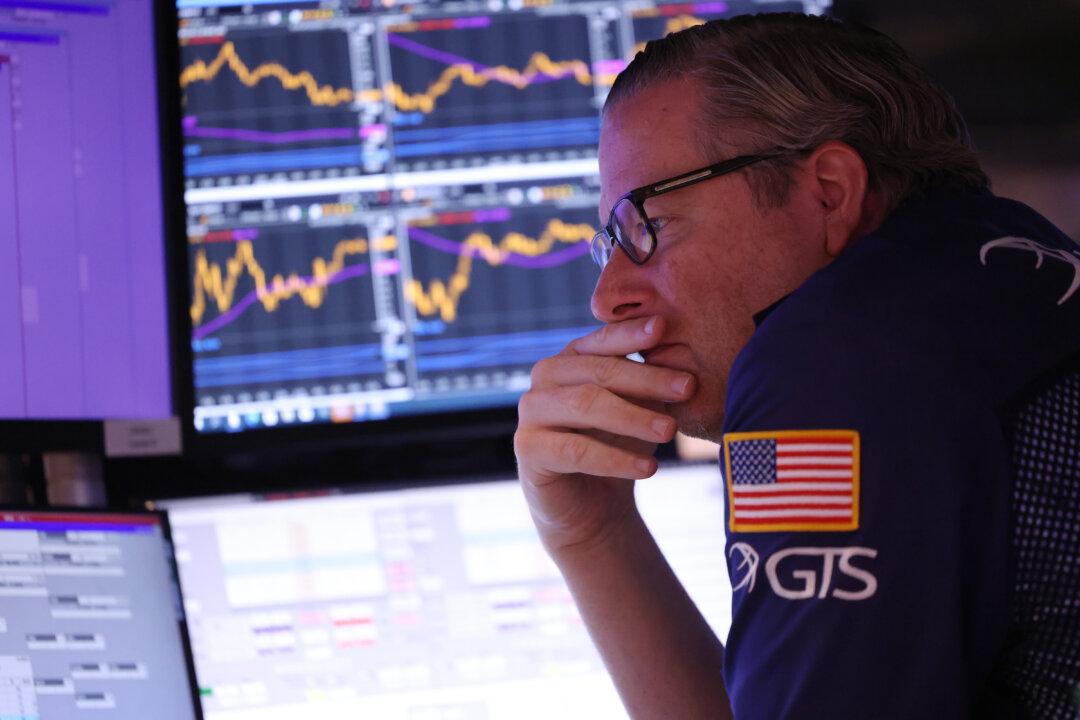NEW YORK—Markets on Wall Street and around the world are in a mini-panic. Worried about a slowing U.S. economy, investors sent the market in Japan to its worst day in decades and have sliced billions in market value off some of the world’s biggest technology companies. They’ve turned a relatively calm year in markets on its head.
For most of the year, investors worldwide drove stock markets higher, convinced that central banks were successfully, if haltingly, getting inflation under control, and buoyed by a healthy U.S. economy and the promise of artificial intelligence.





